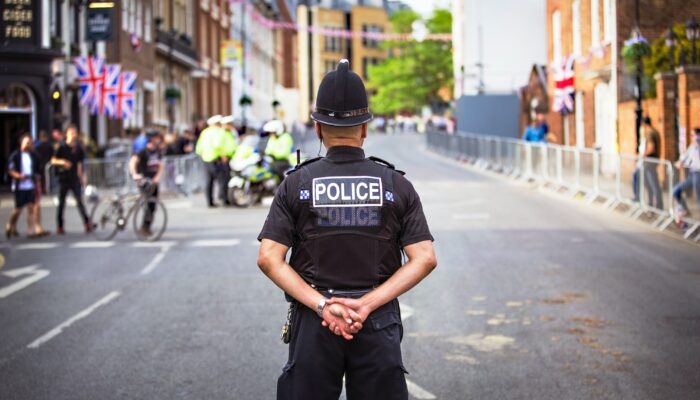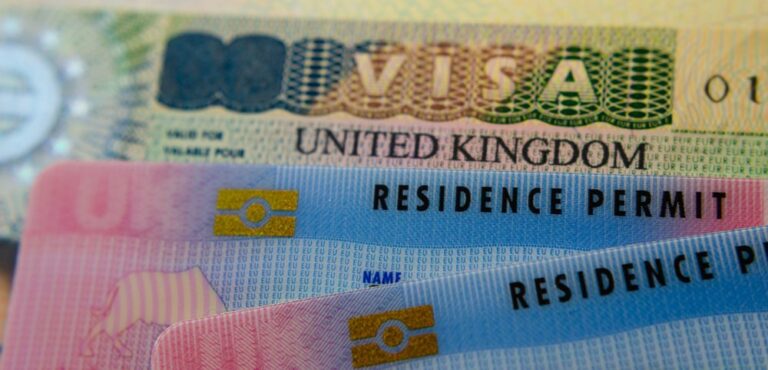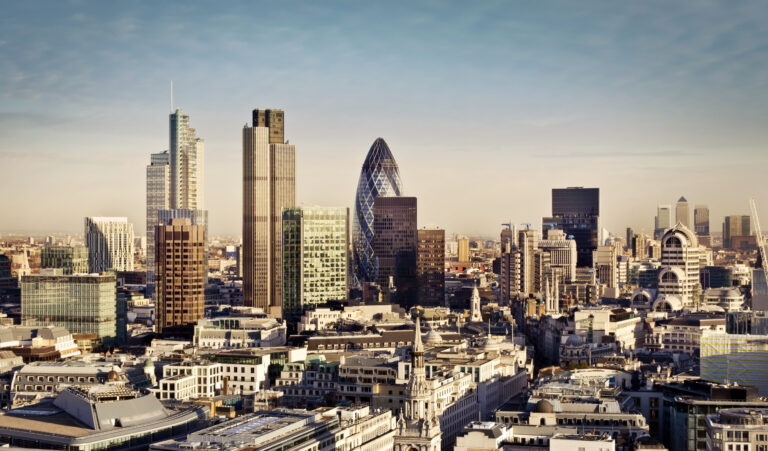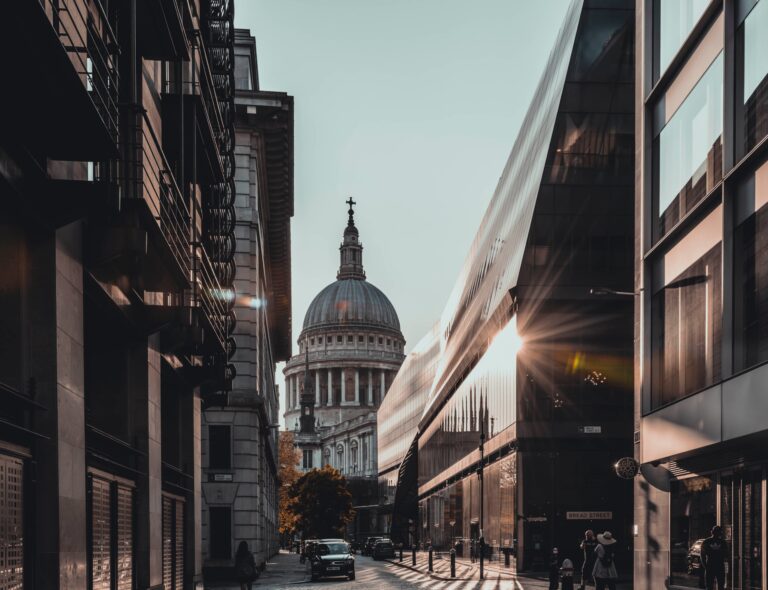UK police registration for visa holders

19.05.2021
Conditions can be attached to a person’s permission to enter or stay, and this includes a condition requiring a person to register with the police when in the UK. In this post, we look at the police registration requirement, how to register with the police, where to register with the police, and the potential consequences of failing to register with the police.
The requirement to register with the Police
Part 10, paragraphs 325 to 326 of the Immigration Rules, sets out the requirement to register with the police.
As it is set out in paragraph 325 of the Immigration Rules the “relevant foreign national” is a person of 16 years or over, who is a national or citizen of a country listed in Appendix 2, a stateless person, or a person holding a non-national travel document.
Appendix 2 to the Immigration Rules lists the countries or territories whose nationals or citizens are relevant foreign nationals for the purposes of Part 10 of these Rules and are therefore required to register.
You do not need to register if you hold dual nationality with one country in Appendix 2 and another which is not. Of course, the list of countries may change and it is important to check.
In accordance with paragraph 326. (1) of the Immigration Rules the condition is normally imposed on those given limited leave to enter the UK for longer than six months or given limited leave to remain which has the effect of allowing the individual to remain in the UK for longer than six months, “reckoned from the date of his arrival (whether or not such a condition was imposed when he arrived)”.
In accordance with paragraph 326. (2) the condition should not normally be imposed on the following persons:
(i) as a seasonal agricultural worker;
(ii) as a Tier 5 (Temporary Worker) Migrant, provided the Certificate of Sponsorship Checking System reference for which points were awarded records that the applicant is being sponsored as an overseas government employee or a private servant in a diplomatic household;
(iii) as a Tier 2 (Minister of Religion) Migrant;
(iv) on the basis of marriage to or civil partnership with a person settled in the United Kingdom or as the unmarried or same-sex partner of a person settled in the United Kingdom
(v) as a person exercising access rights to a child resident in the United Kingdom;
(vi) as the Parent of a Child Student; or
(vii) following the grant of asylum.
It is important to note that an Immigration Officer retains the discretion to impose registration where “exceptionally” it is considered “necessary to ensure that he complies with the terms of the leave”.
Police registration will no longer apply to those granted indefinite leave to enter or remain.
The rules are set out in the Home Office Police Registration guidance. The latest guidance was published on 9 June 2015 and is version 11.0.
How to Register with the Police
Due to the pandemic, police registration services are currently temporarily suspended until the new online registration portal is launched in April 2021. Once launched, Applicants will still need to attend the OVRO for ID verification, passport endorsement and to be issued with a police registration certificate (PRC).
Ordinarily, an Applicant must report to the police within 7 days of obtaining leave (if in the UK) or arriving in the UK if the requirement is endorsed on an entry clearance vignette or has been imposed by a Border Force officer or upon receiving a biometric residence permit.
The condition will be made known by written notice, either in a notice of the decision, vignette, endorsement, or biometric residence permit or in another manner as permitted by the Immigration (Leave to Enter and Remain) Order 2000.
When the online portal launches, the seven-day requirement to register with the police will only be regarded as being satisfied as soon as an account has been created and all registration details have been submitted online to the OVRO.
Once registered, the Applicant will be given a police registration certificate (PRC).
Documents needed to Register with the Police
The following information and documents need to be provided when registering with the police:
name and gender a current photograph (or photographs) date of birth and country of birth marital status nationality address in UK last place of residence outside the UK date, place and mode of arrival in the UK passport details of employment and/or place of study duration of leave and any conditions, including details of their biometric residence permit From April 2021 an online account will be created in which an Applicant can enter their details including uploading a photograph before attendance at any appointment.
Thereafter, the Applicant must inform of any changes to the information whilst they are still in the UK and still subject to the police registration requirement.
If a certificate is lost this usually means registering again, but you will need to check with the police in your local area.
Where to Register with the Police
Ordinarily, in the London Metropolitan District, police registration takes place at:
323 Borough High Street
London
SE1 1JL
For all other locations, registration takes place at the nearest police registration office.
Failure to Register with the Police
Section 3 of the Immigration Act 1971 means that conditions can be attached to a person’s permission or stay. Failure to register within the time specified, without reasonable excuse, is an offence under section 26(1) (f) of the Immigration Act 971.
If it is discovered someone has not registered, the police should be informed.
No penalty action will be taken at present arising from the closure, but do check carefully if registration has resumed.
Future Impact
A failure to register or notify a change in details for the purpose of police registration is a breach of conditions. A breach of conditions, failure to register or notify of a change is likely to have implications for further applications under the Immigration Rules. Questions about registration and breach of conditions are often asked on an application form.
The Suitability: previous breach of UK immigration laws guidance, version 2.0, published for Home Office staff on 22 December 2020 deals with the issue of how breaches are considered:
Where there is evidence that the person has previously breached the conditions of their permission you must first consider whether subsequent permission was granted in the knowledge of the previous breach. If it was the application cannot be refused.
In other cases you must consider any relevant information including (but not limited to):
why and how did the breach take place the passage of time between the condition being imposed and the breach the passage of time since the breach any other circumstances, for example: o how long has the individual been in the UK and the reason for their application to stay in the UK o the impact a refusal decision may have on the individual and their dependents living in the UK If you are satisfied that the application should be refused you should explain your reason and set out what factors you considered Police registration is, therefore, an important condition of leave to enter or remain and it is important to ensure full compliance to avoid any future adverse consequences.







